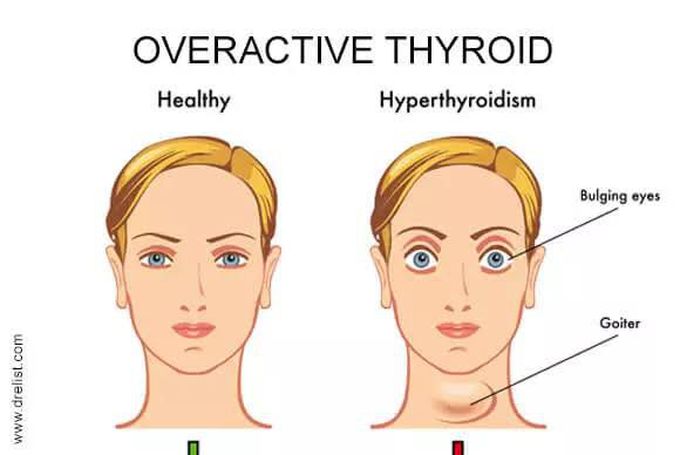


Treatment of hyperthyroidism
An overactive thyroid usually responds well to treatment, and most people are able to control their symptoms. The three most widely used treatments for an overactive thyroid gland are: thionamides – a group of medications, including carbimazole and methimazole, that stop the thyroid gland producing too much thyroid hormone radioiodine treatment – a radioactive substance called iodine that helps shrink the thyroid gland, reducing its activity (the radiation contained in iodine is a very low dose and does not pose a threat to health) surgery – in a small number of cases surgery may be required to remove some or all of the thyroid gland, particularly if there is a large goitre Beta-blockers may also sometimes be used to temporarily relieve many symptoms of an overactive thyroid gland, although it doesn't target the thyroid gland itself. It's common for treatment to lead to the thyroid not producing enough hormones. This is known as having an underactive thyroid gland (hypothyroidism). However, an underactive thyroid is not usually serious and is easily treated.

